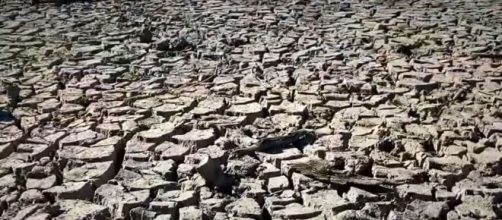The West is looking down at the barrel of a gun. It is facing the worst drought in centuries. Experts blame it on human-induced Climate change that worsened the drought situation.
A recent study reveals that the first two decades of the 21st century were the driest in 1,200 years. The prediction is that extreme conditions will remain through 2022.
In December, Los Angeles had nearly 10 inches of rain, but it was insufficient to improve the drought situation. A professor at the University of California at Irvine says: "What seems to be happening according to most of the climate scientists is we're getting longer, drier periods." He adds that dry periods lead to intense storm events.
A climate scientist at UCLA feels it will take several years of above-average rain and snowfall to neutralize the megadrought.
Los Angeles is trying to save and preserve water to face the drought
Officials in Los Angeles are working overtime to capture every drop of water possible. The intention is to ensure the availability of precious commodities in order to face the drought. It has dug up dirt basins to absorb rainfall and recharge underground aquifers. These basins would also get water diverted from dams. That would depend on the amount of water stored in their flood control dams.
CNN explains that Los Angeles is trying to reduce dependency on imported water. At present, it imports water from Northern California, the Sierra Nevada Mountains, and the Colorado River Basin.
The target of Los Angeles is to have local sources for water by 2035. One method to achieve this could be through recycling wastewater. As an official says: "That will help us provide a local source of water that's sustainable and consistent."
In times of drought reclaiming, wastewater can help
Reclaiming wastewater through 6,500 miles of sewers network would be a massive exercise. It has to adhere to acceptable levels of purity for drinking purposes. That would be a long-drawn process. L.A. Sanitation and Environment are already treating and supplying large amounts of water to the aquifers daily. It plans to boost the figure several times. CNN goes on to add that there are other dry-weather diversion projects. These capture runoff on the city's streets and divert it for local irrigation.


